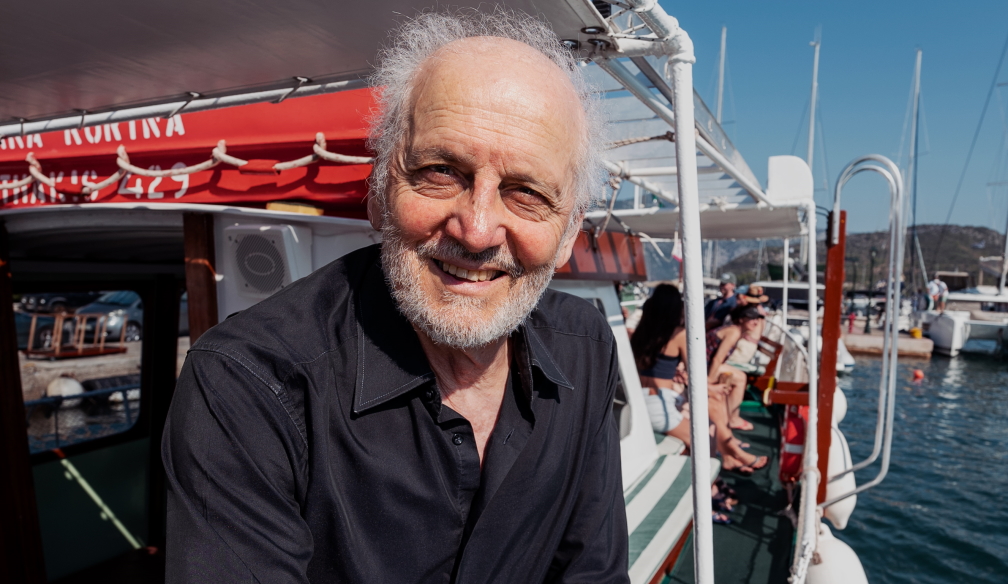Australian Politicians Should be Thankful Koalas Can't Vote

Poor humans: they face an environmental problem with a problematic brain.
Let’s start with the environment. Australia is the first continent to be degraded by climate change. Paradoxically, in the wake of the largest fires in recorded history and before the almost certain loss of all corals in the Great Barrier Reef and the expected simplification of life in the oceans, Australia remains the largest exporter of brown coal, a fossil fuel that stokes the fires that burn us.
If koalas could vote, none of the Australian governments, State or Federal, would be elected.
Now let’s consider the brain. The human brain is 1.3 kg, twice as large as that of the chimpanzee. Studying their brains in parallel gave me the greatest surprise in my semi-centennial journey through the brain: there is no area in the human brain that does not also exist in the chimpanzee brain. In whatever else we might resemble the divine, in the brain we are made in the image of the chimpanzee.
The claim we are made in the image of God is a human hubris. I told my eight-year-old granddaughter that the ancient gods did not take hubris kindly and punished king Sisyphus to push a rock up the mountain, only for it to roll down again, because Sisyphus was narcissistic, egotistic and insulting. She answered: “Like Trump.”
As proud as we are of it, the brain seems not to be in the Goldilocks zone. It is neither small enough not to damage the Earth, nor large enough to solve the problem it created.
For the solution of the environmental problem, it would have been helpful if there were a soul in the brain. However, if the soul is where sensations become perceptions, where decision are made, where love is kindled, where memories are stored, there is no need to hypothesise its existence. The brain on its own performs these functions; indeed, the field of psychology itself lost its soul in the 1930s.
If the brain could at least confer us free will, we could have had a better chance of altering our behaviour and be friendlier to the earth. Here again, psychologists consider two and only two factors are responsible for our behaviour: genetic endowment and environmental influences on that endowment. Much like Praxiteles sculpted Hermes from a block of marble, the environment sculpts our character from the genetic endowment we are granted. There is no crevice in the march genes-environment for free will to elbow in.
To complicate matters, some of our institutions are not up to the task either. With their obsession with sex, religions are not treating the environment any better than they treat women.
In my new eco-fiction novel, A River Divided, it is a religious student who organises a protest against overpopulation and it is again this student who asks for the difference between
Mussolini, Hitler and Stalin on the one hand, and Florence Nightingale, Marie Curie and Saint Teresa on the other.
According to him, it is ordination. In the Catholic and Orthodox churches, all three in the first group can apply to become a priest, but none in the second group need apply to become a priestess.
As in the Johannes Andersen story, it took a young person, Greta Thunberg, to point out the cruel paradox of this generation constructing the conditions for the extinction of its progeny.
May we appreciate the limits of our brains and may we consider koalas and future generations as stakeholders in decisions that may make them extinct.
Professor George Paxinos is a world-leading neuroscientist and a cerebral cartographer who has identified and named more brain areas than anyone in history. A Professor of Medical Sciences at Neuroscience Research Australian and The University of NSW, Professor Paxinos wrote A River Divided to boost awareness about the dire state of the world’s environment. You can get a copy of the book here: https://www.georgepaxinos.com.au/#buy













